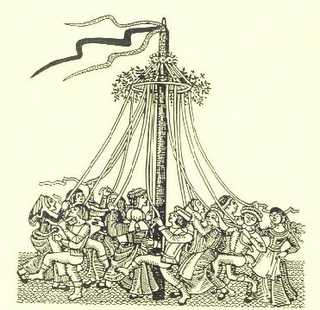dying for scampi and chips
rescued people from the notorious seafood slavery business
yesterday, at grocery store, j was looking for some shrimps to buy, which led to this little video that ive seen awhile ago.
https://www.theguardian.com/global-development/2014/jun/10/supermarket-prawns-thailand-produced-slave-labour
a short summary:
1. thailand's shrimp industry is one of the biggest in the world, and if you have bought shrimps in discount at local groceries, you probably bought the ones that are related to this modern day slavery.
looking back at my southeast travel this summer, i do believe that the industry's full of human trafficking and illegal trades (especially from lesser robust economies such as myanmar and laos), and that there are just not enough attention to be paid for human rights or labour issues.
2. most of seafood comes from wild-harvesting, not 'farming.' there are only very few species that we can successfully farm at this point, ex. salmon and shrimp; however, if CAFO farming makes you feel funny, it may be a shocking but good news (to know!) that shrimp farming has greater carbon footprints than beef farming.
on CAFO:
https://youtu.be/tJpxaWR2J-c
on shrimp farming:
http://www.motherjones.com/tom-philpott/2012/02/all-you-can-eat-shrimp-side-ecologial-ruin
http://www.worldwildlife.org/industries/farmed-shrimp
3. shrimp farming also create dire threat to local biodiversity and may lead to breakout of diseases, extinction (esp the mangrove tree crisis); and because marine farming is still in its infancy, the field knowledge is not deep enough to support our current consumption level.
the problem here is it's very difficult to actually source ethically harvested shrimps. often, the sustainable seafood labels concern only the biodiversity issue, but not the labour practice related to the chain (such as ocean wise)
http://www.oceanwise.ca/seafood
if you manage to find ASC certified supplier/products, that is a great way to go.
http://www.asc-aqua.org/index.cfm?lng=1
but on practical, daily basis, the closest way to confirm whether one is buying tainted shrimps is to see if the catching origin has been specified. true, even then, much of seafood commerce is shrouded in mystery and lies, but hey, some action is better than none.
look for domestic shrimps. they will be more expensive and oh they will be so clearly labeled as domestic- but hey, one's boast may be another's truth.
http://www.nytimes.com/2012/12/16/us/mislabeled-foods-find-their-way-to-diners-tables.html?_r=0
sure, the world may seem like a joke at times. too crazy. too noise. too weird. but no one should have to die for scampi and chips, i think. that's bit too extreme. so there it is, peeps. when you buy shrimps, if you can spare two seconds, think about it briefly. after all, it's not one action that makes the difference, but forming a pattern of behaviour that makes us better informed, kinder people.
http://ejfoundation.org/




Comments
Post a Comment